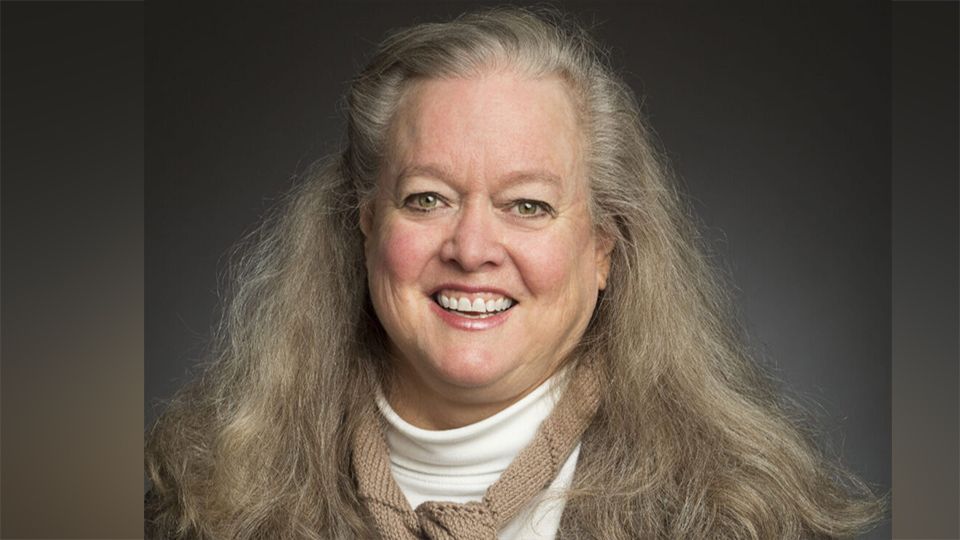Julie Gorte, senior vice-president for sustainable investing at Impax Asset Management, spoke with ESG Clarity at the recent US SIF: The Forum for Sustainable and Responsible Investment conference in Santa Ana Pueblo, New Mexico. Gorte discussed the concept of sustainable investing in a world of compromises and not letting perfect stand in the way of progress.
What can financial advisers do better to help clients who are interested in ESG?
One thing financial advisers can do better is to explain to people what an asset allocation is and what choices you have in the various places in your portfolio. ‘This is a large-cap fund, there are large-cap companies that are more sustainable than others, and doing something to solve the problem is better than doing nothing.’
Start with a Hippocratic principle – do as little harm as you can. And then whatever part of your allocation, you say, ‘I want this to be in community impact investing.’ That’s when you can go for those shade-grown quinoa plantations. But most people don’t want to put their whole nest egg in that because a: It’s not liquid, and b: It’s often not market-rate return.
We’re also we’re trying to accomplish many things with investing, one of which is to grow value for the investors. You can’t afford to be blind to the financial implications, and in most of spaces such as large-, medium- and small-cap, fixed income – you may not have sustainability choices in every single one of them, or you may not have good choices in every single one of them. So, you’re going to have to make some choices and accept the fact that not everything is going to be utopia.
Is it difficult to find companies that are perfect across E, S and G?
There are a whole lot of reasons to love Ben and Jerry’s, even though it’s owned by Unilever. They had a head of staff for whom sustainability was in their DNA – that was how they grew up. That was actually why Unilever acquired them, because they thought they could teach them something about sustainability.
Everybody in this space adores Ben and Jerry’s. They will go after McDonald’s every day of the week, because they sell things that have fat, salt and sugar. Guess what Ben and Jerry’s sells? They only sell fat pills. I can get a salad at McDonald’s – I can’t get one at Ben and Jerry’s. We could use a little less hypocrisy. I understand why you love Ben and Jerry’s – I love it, too. But perfect they are not. You find a perfect company … I want to know what it is.
Giving people a little reality check every now and then, if you can do it gently, is very helpful.
The solar industry has been booming, but it has its own sustainable issues, correct?
We don’t pay for the externalities of getting power from the grid. If you’re burning coal, you’re not paying for climate change.
There have to be better incentives for solar – or we have to stop subsidizing fossil fuels.
We give them a severance tax credit that nobody else gets. And it’s something to the tune of about $11trn a year, globally. We do not need to be feeding these guys.
Everybody complains about the fact that wind and solar were subsidized. But fossil fuels have been subsidized for forever – people forget about that. We have to be willing to take some short-term pain, or at least a little bit of deprivation, in favor of the fact that our kids need to grow up in a world that actually works, as opposed to going back to hunter-gatherer status.
We have global problems. We have to solve them. That means we can’t keep living the way we have. That doesn’t mean that life has to be nasty, brutish, and short – there’s lots of amenable ways to live. We just need to accustom ourselves to that.








